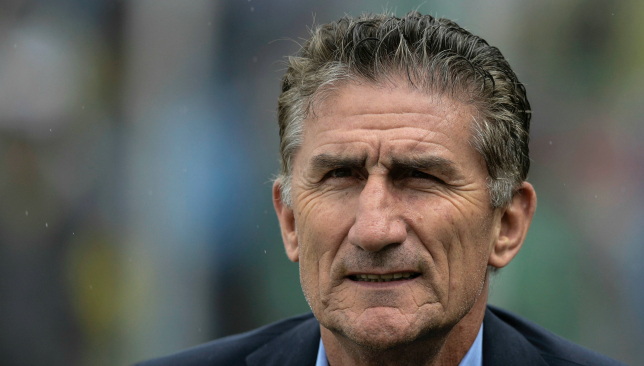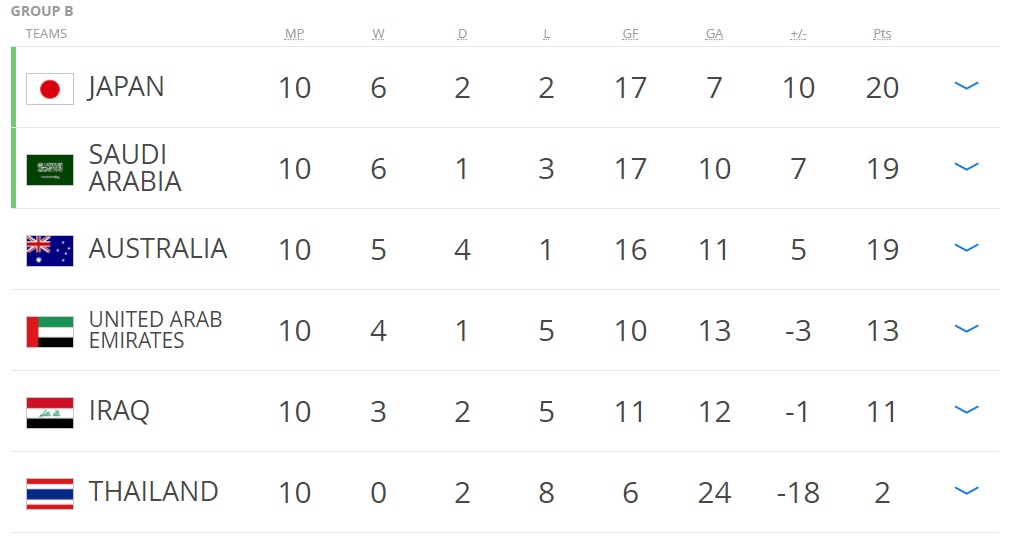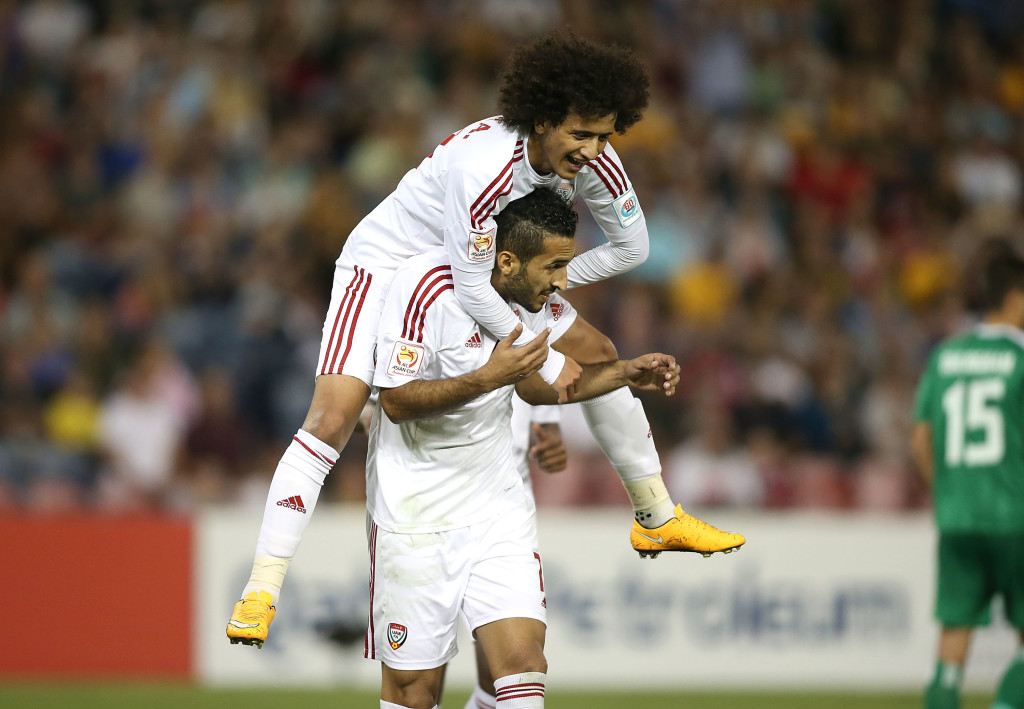
Events near and far, as well as past and present, contrived to kill a long-held dream.
A fated run to World Cup 2018 for the UAE’s ‘Golden Generation’ ended in despair at Amman International Stadium on Tuesday.
The goal rush against Iraq was predictably hampered from the off by the absence of big hitters such as 2016 AFC Player of the Year Omar Abdulrahman and 2015 Asian Cup top scorer Ali Mabkhout.
Questionable refereeing in Thailand versus Australia allied with Saudi Arabia’s later show of grit against qualified Japan further combined to ensure a deflating denouement, when slip-ups were required from these regional heavyweights to barrel into Group B’s top three.
From the ashes of disappointment, introspection must occur. An Asian Cup on home soil in 2019 acts as some compensation at this pained moment. Yet, fumbling on now as though underachievement has not occurred would be a dereliction of duty, no matter the abilities of their opponents.
The facts are that a squad brimming with rare talent fired with frustrating infrequency throughout this lengthy qualification process. The Road to Russia contained too many potholes.
Every aspect has to be analysed. If a nation gripped by civil war like Syria can at least have a shot at an inter-confederation play-off, there is no reason the UAE could not have proceeded.

When an enlivening third place was attained Down Under two January’s ago, such anguish seemed improbable – let alone impossible.
Stasis and then downright descent followed. Successive regimes at the UAE FA chose to ignore the obvious when the second round threatened disaster. Rejecting paternal coach Mahdi Ali’s initial resignation in October only added to the damage.
A laboured process to land successor Edgardo Bauza compounded this. More than a month followed after his dismissal by Argentina and it was another few weeks on top since Ali stepped aside.
This left inadequate time to prepare for June’s calamitous 1-1 draw at bottom-placed Thailand. Decisive action was required then. It is needed again, now.
To stimulate player movement to Europe, a wage cap has been proposed. Such endeavours are essential to break through a glass ceiling.
They would be playing catch-up. Nations such as China have been proactive in this regard during recent years. Australia, Japan and South Korea have been doing it for decades.
This is not to absolve the footballers of blame. Abdulrahman and Mabkhout have repeatedly spoken hollow words about a desire to ply their trade on the old continent.

Ali Mabkhout and Omar Abdulrahman
Cultural and economic issues make this path a difficult one to tread for Emiratis, with no permanent move ever made to the big leagues. Athletes with their gifts should batter down these sizeable barriers.
One win from three does not illustrate the tactical progress made under Bauza. His switch to a 4-3-1-2 formation has belatedly played to long-ignored strengths.
However, El Paton is not without blame. His decision to call-up the emerging Khalfan Mubarak, the heir apparent to ‘Amoory’, for Thailand then drop him for this international break beggars belief.
Communication also remains an issue for someone with negligible English and no Arabic. It is over to him now to prove he is the right man at the wrong time.
To ensure this happens, the entirety of UAE football must be unsparingly reviewed. Only then can joy in 2019 follow.